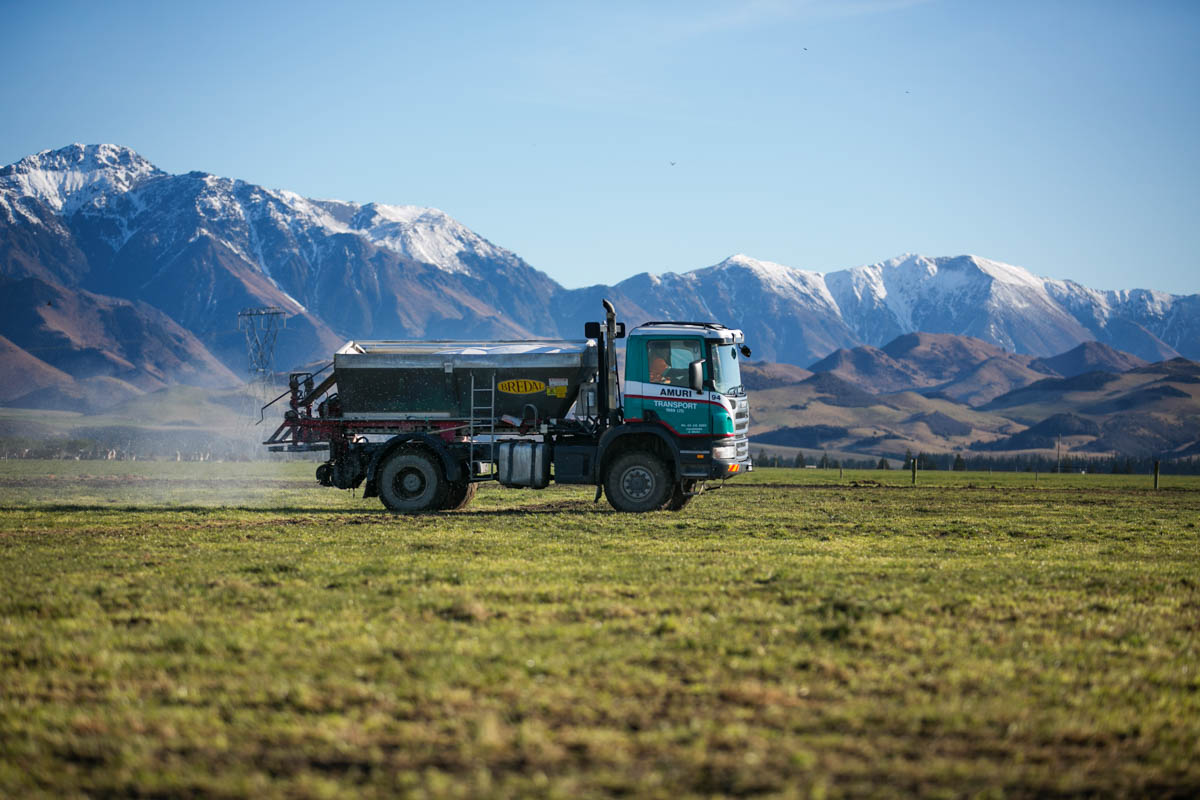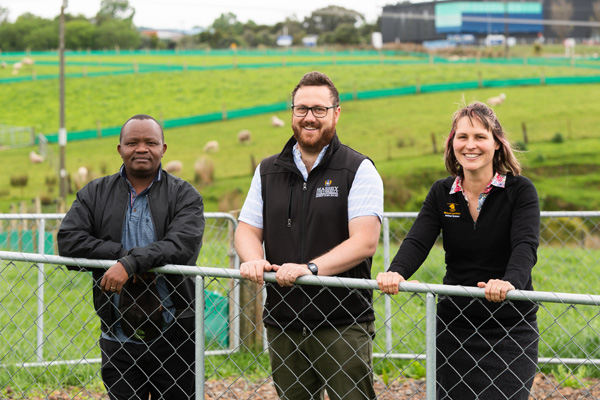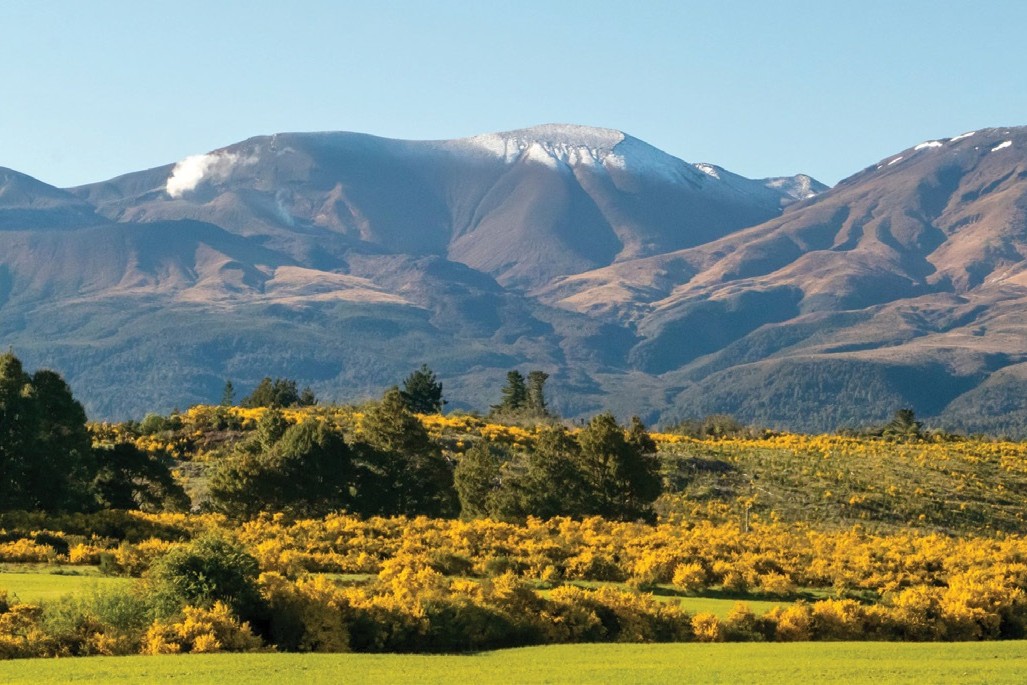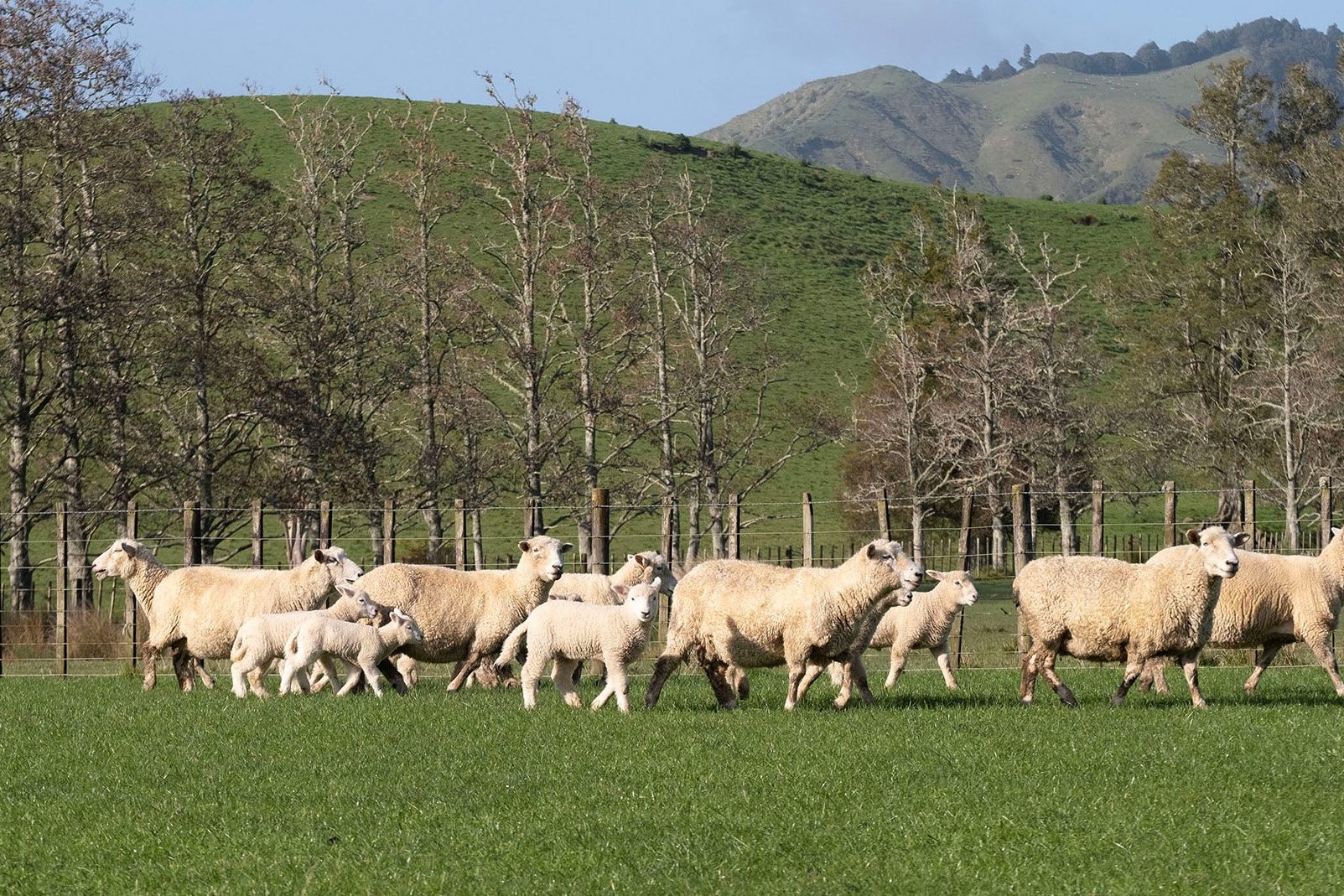BY: SHARL LIEBERGREEN
So, 2020. Quite a lot going on, right? We thought it was going to be an interesting year with the election and then – Whammo! Covid-19, warmest winter ever, water and biodiversity policy, drought, etc, and now the suggestion of lower stock prices 2021. Will it ever end!
Sorry, no. The road ahead has plenty of twists and turns yet to come, but we do know this. It is not new. We have been subject to plenty of changes and shocks in the past, and what have we done? Adapted. So much so, that I wonder whether we can apply an interesting term to our ability to keep our heads above water.
Antifragility is a term Pete Fennessy has been slinging around AbacusBio for a couple of years now and I am beginning to appreciate it. Antifragility is the ability to resist shocks. In fact, it suggests that shocks, volatility, mistakes, attacks, or failures actually change us to the point that we become better than we were previously. We don’t just absorb the shock and go back to the way things were. We modify our behaviour and actions and move forward in a different, improved direction.
We have been here before. Oil price shocks, massive fluctuations in prices for wool and lamb, changes and removals of subsidies, brucella, tuberculosis (who remembers those?), responses by banks, forced farm exits, Mycoplasma bovis, and the rise of dairying and forestry.
How does the anti-fragile rear-view mirror look? Pretty good actually. Large reduction in national ewe flock, fewer hectares in sheep, beef and deer, fewer lambs slaughtered. But very similar amount of lamb meat sold, 0.40kg increase per year sheep meat sold per ewe, more feed produced/ewe/year, resulting in 1% gain in kg sheep meat per tonne of drymatter, per year.
In addition, lambs tailed per ewe have increased to 132% on average, carcase weights of lambs and ewes are also up. We have even changed our slaughter pattern to fit with the demands of our markets (guided by our world-class pricing schedules). We kill 34% fewer lambs November-June, and 36% more July-October. So, we have done bloody well.
In reflecting on our antifragile abilities, Peter often identifies one or two regular farmers of decades gone by who (in the face of a shock) first get frustrated and then start a movement. They knew that to survive, they had to do something different, so they thought about what they could do – they researched the technological landscape, they talked to others, invested, and generated the knowledge they needed. Whether grazing management, pasture varieties, new breeds, performance recording, equipment, or information, they adapted, survived, and became recognised as leaders.
Internationally, food security is now at the forefront of the minds of many governments and agencies. Covid-19, with laser focus, has exposed the shortcomings of the international food chain. We felt it early with the inability to get containers through the ports of China.
The United States (and others) was impacted in processing plants by the requirements of social distancing and sickness. New Zealand’s orchards are still struggling to find pickers when normally we would import workers from the Pacific islands.
Antifragility, while painful and distressing when in our face, actually positions us well on the global stage.
We are well recognised as very efficient producers of safe food. Pandemic, climate, geopolitical ructions, and many other disturbances, in the end make us better than we have ever been, and the world is looking to us for leadership and support.




